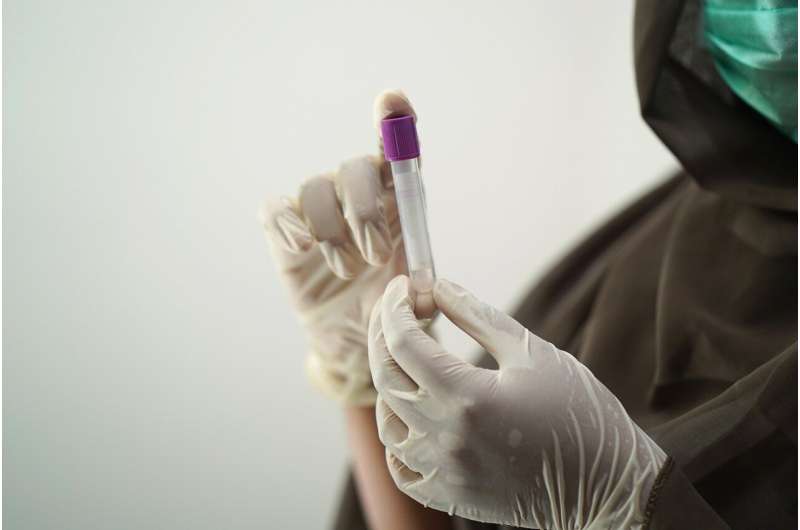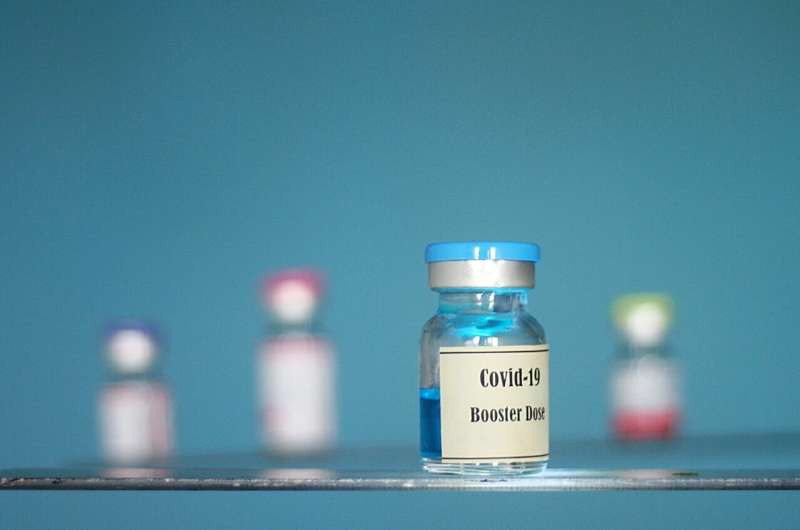New Blood Test Can Predict Severe Liver Disease Risk

A simple blood test developed by researchers can predict the risk of severe liver disease, enabling earlier diagnosis and intervention in primary care settings. The CORE model uses routine blood parameters to assess long-term liver health risk with high accuracy.
A groundbreaking study by researchers at Karolinska Institutet demonstrates that a simple blood test can effectively forecast the likelihood of developing severe liver conditions, such as cirrhosis and liver cancer. Published in The BMJ, this research highlights a new predictive tool that could transform early detection efforts in primary care settings. The study utilized routine blood parameters, including age, sex, and liver enzyme levels (AST, ALT, GGT), to develop the CORE model, which has shown promising accuracy in assessing long-term risk.
This risk assessment method is based on data from over 480,000 individuals in Stockholm, monitored over up to 30 years. The findings reveal that approximately 1.5% of these participants developed serious liver diseases or required liver transplants, emphasizing the critical need for early detection.
The CORE model, which outperforms traditional methods like FIB-4, correctly identified future cases of severe liver disease in 88% of instances. It has been validated across diverse populations in Finland and the UK, indicating its broad applicability. A user-friendly, web-based calculator for healthcare professionals is now available, aiming to facilitate early screening in primary care, where most patients initially seek treatment.
According to Dr. Hagström, early detection is crucial since liver diseases are on the rise and have poor outcomes if diagnosed late. The new tool could allow for timely interventions, including drug treatments, which are now accessible for high-risk individuals. The researchers suggest that integration with medical records will enhance clinical use, and further testing is needed for high-risk groups like those with diabetes or obesity.
This advancement offers hope for more effective management of liver health, potentially reducing the burden of liver cirrhosis and cancer worldwide.
Stay Updated with Mia's Feed
Get the latest health & wellness insights delivered straight to your inbox.
Related Articles
COVID-19 Booster Shots Temporarily Suspended Across Georgia Amid Federal Vaccine Policy Uncertainty
COVID-19 booster shots in Georgia are temporarily paused amid federal regulatory uncertainties and ongoing restructuring of vaccine advisory committees, delaying distribution nationwide.
Innovative Blood-Based Epigenetic Clock Measures Intrinsic Capacity to Assess Aging
A new blood-based epigenetic clock developed by researchers measures intrinsic capacity—critical functions that determine healthy aging—offering a promising tool for predicting longevity and assessing aging interventions.
Innovative Silicone Models Revolutionize Medical Training and Research in Cerebral Vasculature
Swiss Vascular has developed detailed silicone models of cerebral blood vessels to improve medical training and reduce animal testing, advancing ethical research and clinical procedures.
New Evolutionary Model Highlights the Importance of Dose Timing in Antibiotic Resistance Management
A groundbreaking study introduces a new evolutionary model showing that the timing of antibiotic doses, especially early doses, is crucial in preventing bacterial resistance. Accurate dosing schedules can improve treatment outcomes and curb the rise of superbugs.



